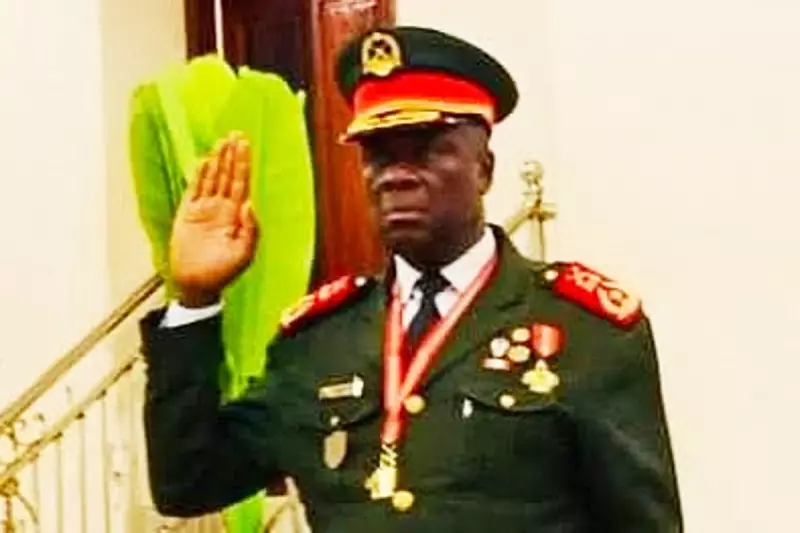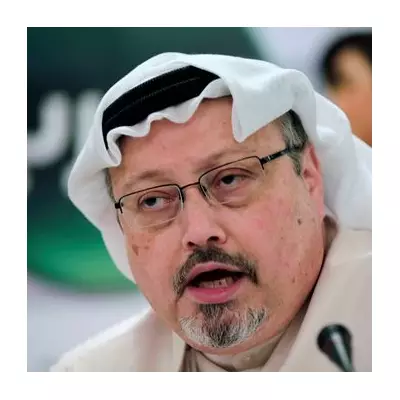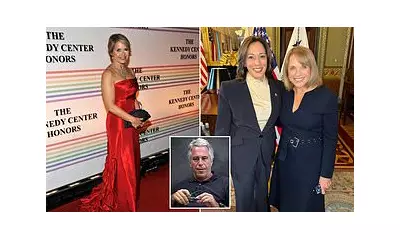
Guinea-Bissau has been plunged into political turmoil after soldiers seized power in a military coup, forcing deposed President Umaro Sissoco Embaló to flee to neighbouring Senegal just one day after the takeover.
The military high command in the West African nation announced on Thursday that General Horta Inta-a would lead a new military government, cementing their forceful seizure of power following a disputed presidential election.
Military Consolidates Power
According to a declaration broadcast on state television, General Horta Inta-a has been inaugurated as head of the military government, which will oversee a one-year transition period. The general previously served as army chief of staff and was considered a close ally of the deposed president before the coup.
In a statement justifying the military intervention, Inta-a claimed that "the inability of political actors to stem the deterioration of the political climate ultimately prompted the intervention of the armed forces."
Meanwhile, Embaló arrived in Senegal aboard a flight chartered by the Senegalese government. Senegal's Ministry of Foreign Affairs confirmed they had been "in direct communication with all concerned Guinea-Bissau actors" and promised to work with international partners to restore democracy in the neighbouring country.
International Condemnation and Regional Response
The coup has drawn widespread international condemnation. The Chairperson of the African Union Commission, Mahmoud Ali Youssouf, denounced the takeover and demanded the unconditional release of Embaló and other detained officials.
West Africa's regional bloc ECOWAS held an emergency virtual meeting of heads of state where it condemned both the coup and Embaló's "unlawful detention." Sierra Leone President Julius Maada Bio, who serves as ECOWAS chairman, declared: "Our response will be firm, principled, and consistent with our history."
France joined several other nations in condemning the military action and calling for respect for the constitutional order.
Political Crisis and Opposition Claims
The coup represents the latest chapter in Guinea-Bissau's turbulent political history. The country of 2.2 million people, one of the world's poorest nations, has experienced numerous coups and attempted takeovers since gaining independence from Portugal over 50 years ago.
The military takeover occurred against the backdrop of a deeply contested presidential election held on Sunday, with both Embaló and his main rival Fernando Dias claiming victory. In a surprising twist, Dias alleged that Embaló had fabricated the coup to avoid an election defeat.
"Umaro lost the elections, and instead of accepting the result, he fabricated a coup d'état," Dias stated in a video message. He claimed to have escaped custody "through a back door" after reports of his arrest by soldiers and vowed to continue fighting.
Military spokesperson Dinis N'Tchama countered these claims, stating the coup was prompted by the "discovery of an ongoing plan to manipulate electoral results" involving national politicians and a well-known drug lord.
Despite the political chaos, activities gradually returned to normal in the capital Bissau on Thursday, with businesses and public transport resuming operations. However, military authorities issued a statement banning public protests and "all disturbing actions of peace and stability in the country" hours after the opposition called for demonstrations.
Security analysts note that Guinea-Bissau's chronic instability is closely tied to its reputation as a hub for drug trafficking between Latin America and Europe, with experts suggesting this illicit trade has consistently fueled the nation's political crises.





